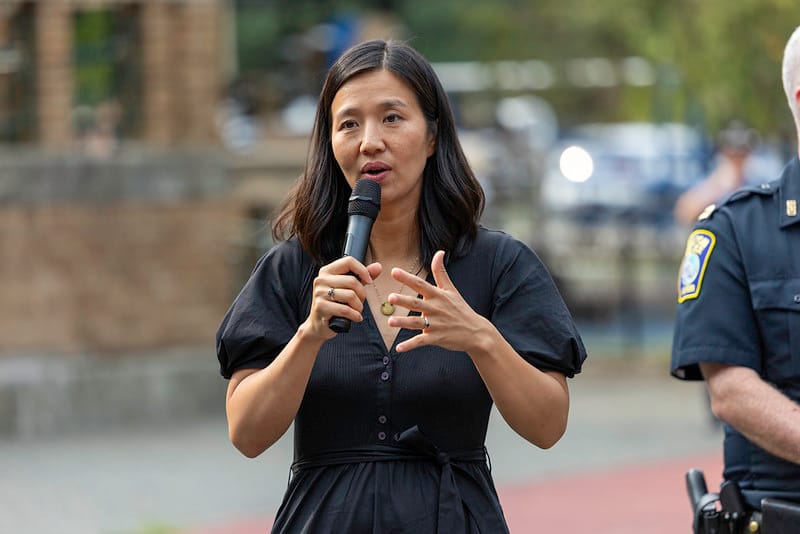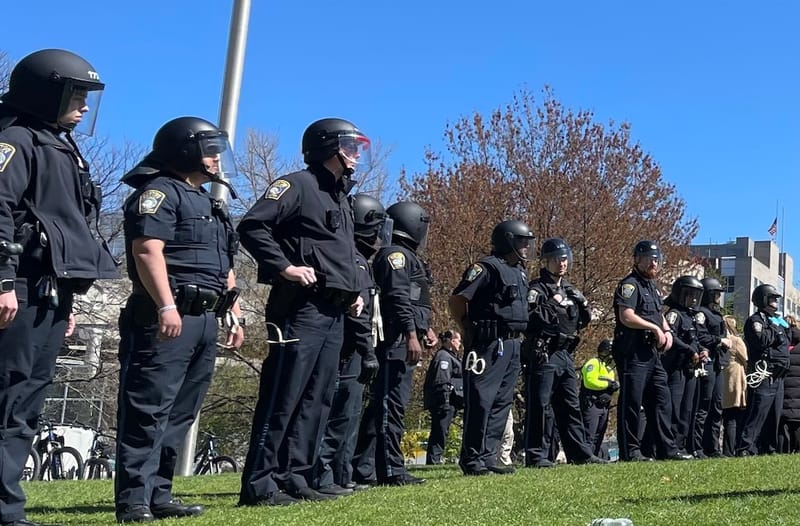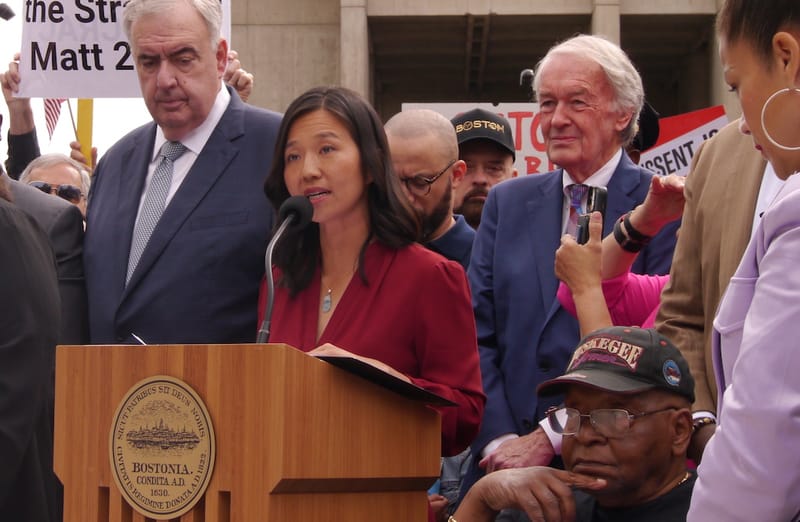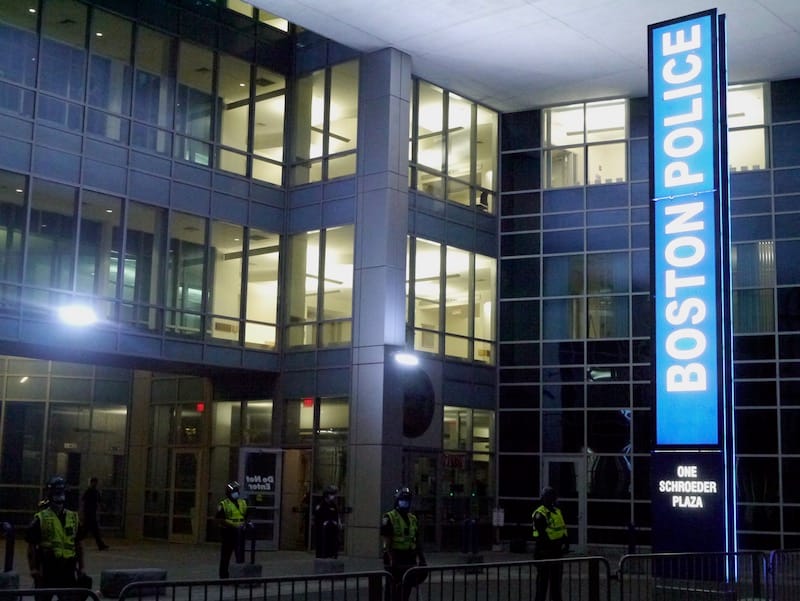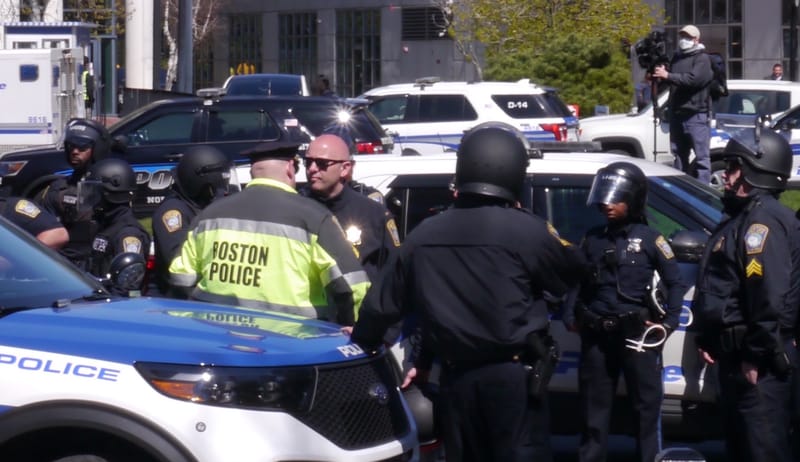Wu says city will apply for federal funds tied to ICE
The City of Boston will participate in a $12 million federal grant, despite a requirement that 10% of the funds be dedicated to “Supporting collaboration between state and local law enforcement and U.S. Immigration and Customs Enforcement (ICE),” Mayor Michelle Wu said Friday.
The City of Boston will participate in a $12 million federal grant, despite a requirement that 10% of the funds be dedicated to “Supporting collaboration between state and local law enforcement and U.S. Immigration and Customs Enforcement (ICE),” Mayor Michelle Wu said Friday.
Speaking to reporters, Wu said the city can use the funding without violating the Trust Act, a law that city councilors, including Wu, enacted in 2015 to bar local law enforcement from participating in civil immigration enforcement.
“Nothing in the 2025 new documents can compel the City of Boston to violate our own city laws or state laws in using this grant money,” Wu said. “We’ve done our own internal legal analysis and feel that we are on solid ground applying for these grants and we’ll use them as we have for the last 22 years — keeping the residents of Boston safe, because there is nothing that this new paperwork can do to compel us to violate city and state law.”
While the Trust Act specifies that Boston police officers cannot ask people their immigration status or hold detain nonviolent offenders for ICE, police can share information about a person’s criminal history with ICE and can share information through criminal task forces.
Boston police share information with federal authorities including ICE through the Boston Regional Intelligence Center (BRIC), which has been operating since 2003 and has been funded by the same Urban Area Security Initiative (UASI) grants that now require 10% of the funding be used for what federal authorities are calling “border crisis response enforcement.”
The Trump administration refers to the flow of undocumented immigrants as a “border crisis” and has ramped up deportations of undocumented immigrants as well as immigrants who are in the United States legally, but whom administration officials deem to be threats to national security. That latter category includes people here on student visas who have participated in pro-Palestinian demonstrations.
Wu has spoken out against what many see as overreach by federal immigration authorities this year as Boston area residents have been detained and deported in ICE raids. But BRIC has for years monitored and shared information with federal authorities on protest movements, including the 2011 local Occupy Wall Street demonstrations in Dewey Square, the Black Lives Matter protests that gained steam after the 2014 Ferguson, Missouri police killing of Michael Brown, and the current demonstrations against Isreal’s ongoing siege of Gaza.
Muslim Justice League Executive Director Fatema Ahmad notes that under the current administration, multiple federal agencies — including the FBI — are now involved in civil immigration enforcement raids. Because Boston police file reports on nonviolent demonstrations through the BRIC, the FBI and federal agencies have access to information on immigrant activists who may then be targeted for deportation.
The city’s plan to go forward with this year’s UASI grant points to the need for stronger safeguards against police cooperation with ICE, Ahmad says.
“This should expose to community members and progressive elected officials that our sanctuary policies are very limited,” she said. “The fact that the Boston Police Department is participating in BRIC should raise red flags.”
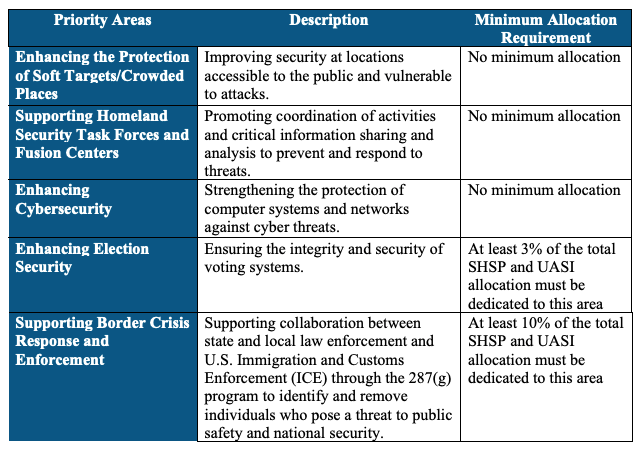
During a meeting on the UASI grant Thursday, representatives from the other towns participating in BRIC — Brookline, Cambridge, Chelsea, Everett, Quincy, Revere, Somerville and Winthrop — said their communities could not comply with the requirement to support ICE. But Brookline Fire Department Chief said compliance with the requirement would happen through BRIC, which is housed in Boston.
“If it’s all coming out of the BRIC, then that’s a Boston problem,” he said.
If federal officials approve the grant, the Boston City Council will vote on whether the BRIC will accept the grant. Not all councilors are on board with the grant.
“It’s a hard pass for me,” said at-large Councilor Julia Mejia. “I think right now, given the relationship we have with the federal government, anything that gives them a loophole is a recipe for disaster.”
Asked whether the Trump administration’s expanding deportation regime would at some point compel the city to withdraw from the BRIC, Wu said she doesn’t foresee that happening, pointing to what she said have been reforms to the city’s controversial gang database and other elements of information sharing police engage in with federal authorities.
“The city of Boston will not be a direct point of information sharing or contribute to a pipeline for federal immigration enforcement,” she said.


